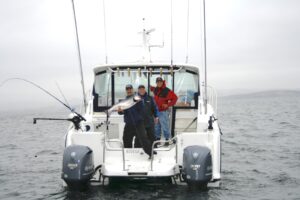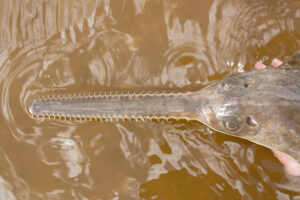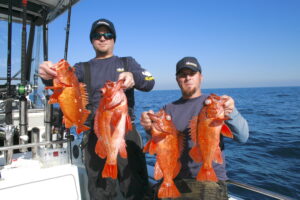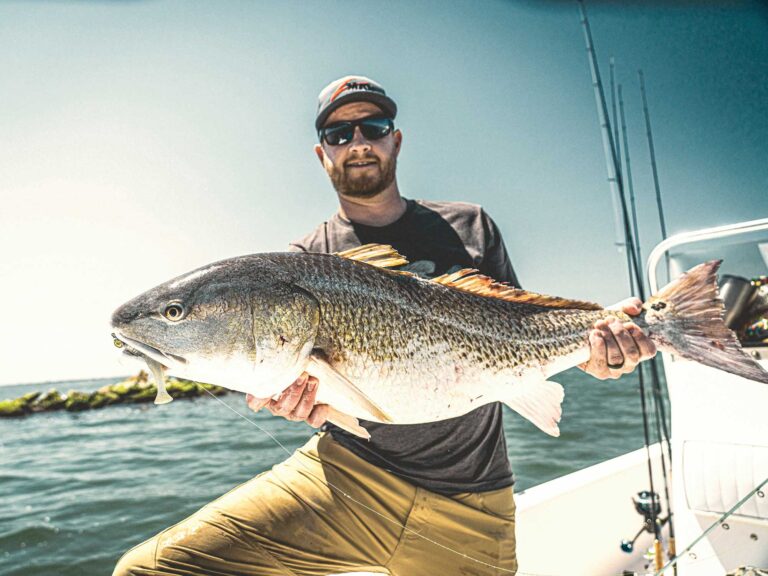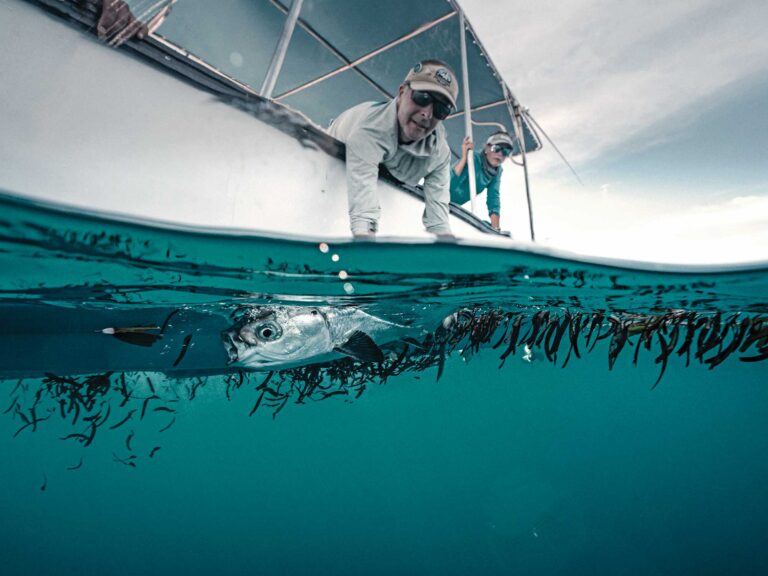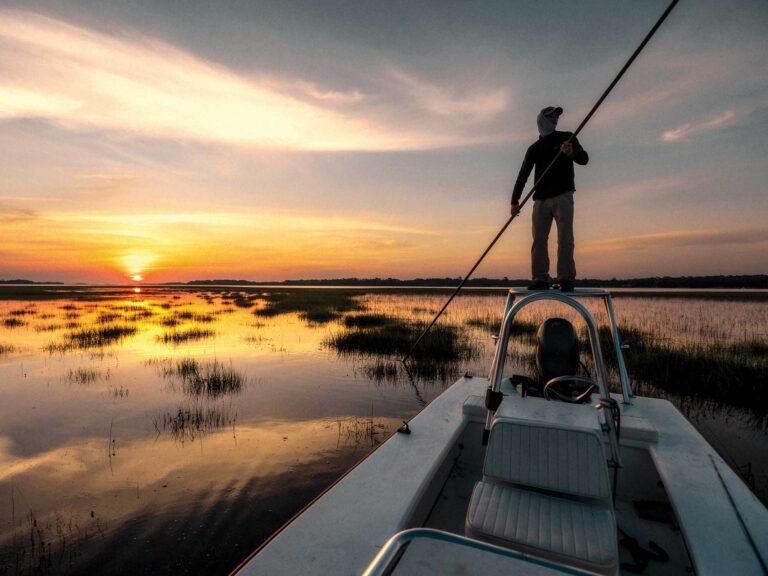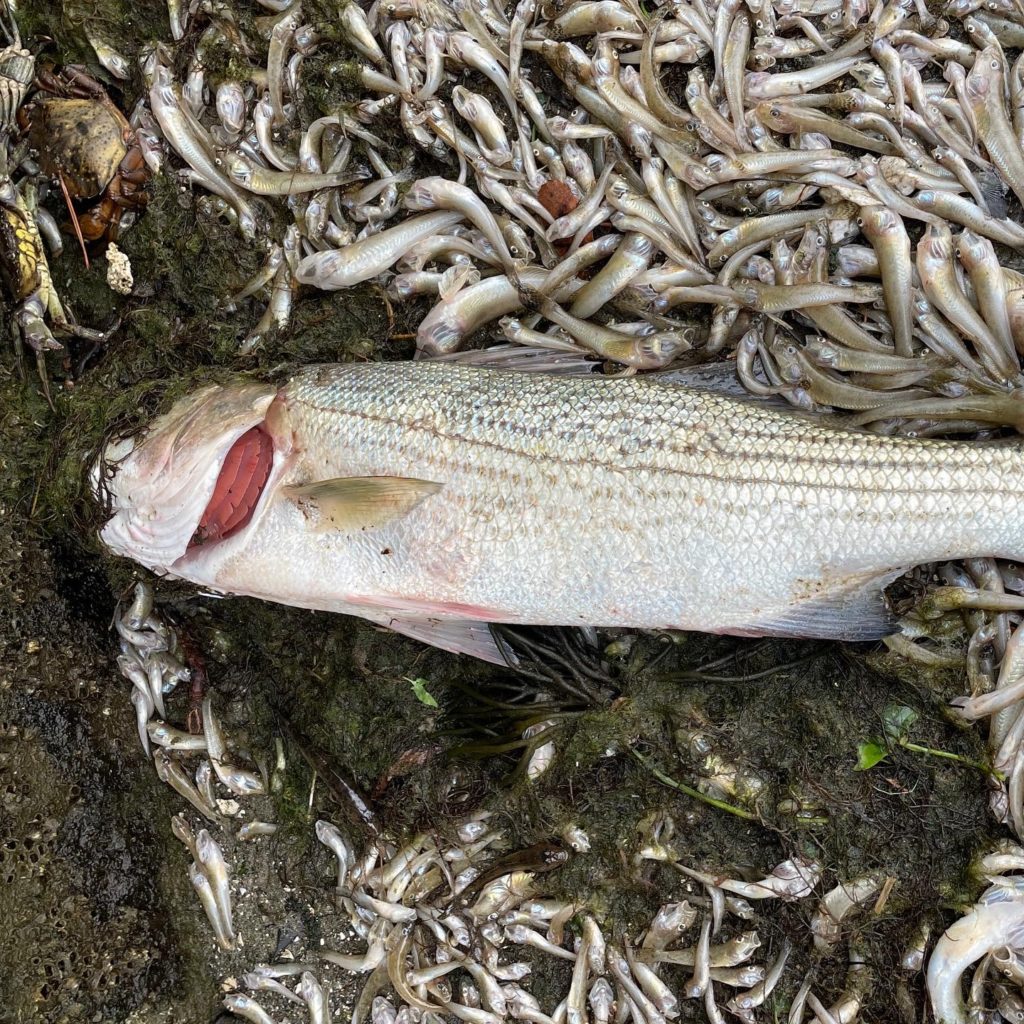
Thousands of dead fish washed up along the shores of San Francisco Bay over the weekend, victims of a red tide algal bloom.
Rotting fish lined the water’s edge in parts of San Francisco, Oakland, and San Jose, California. “Tens of thousands” of killed fish are starting to stink up Lake Merritt, a tidal pond in downtown Oakland, and hundreds of thousands have perished around the bay, the top scientist at San Francisco Baykeeper told local news media.
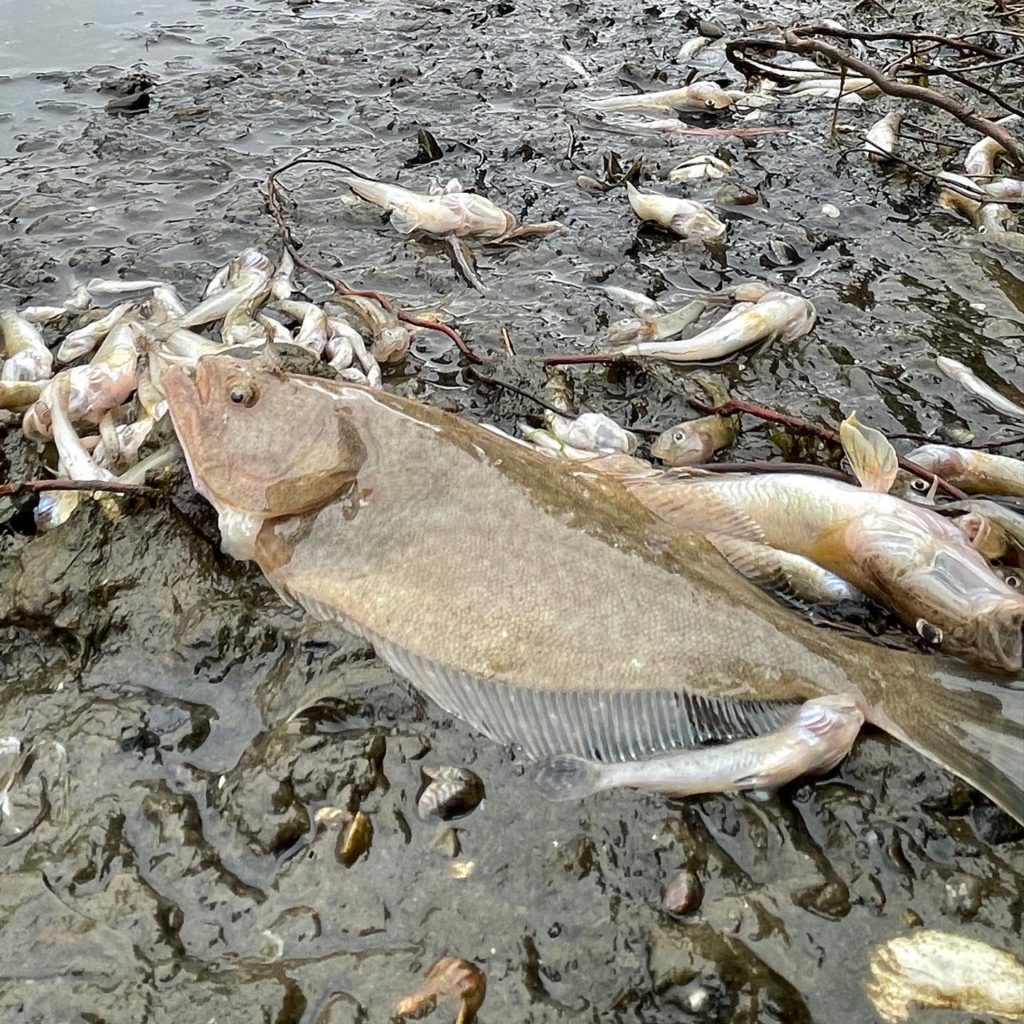
The dominant blooming algae species is Heterosigma akashiwo, a “red tide” algae that’s native to the bay at background levels, Baykeeper reported. The algae releases toxins that are harmful to fish and could accumulate in shellfish, and the group advises that people and pets stay out of the water and not eat its fish until the bloom subsides.
State and regional wildlife officials are studying fish specimens to pinpoint the cause of the kill, Eileen White, executive officer of the San Francisco Bay Regional Water Quality Control Board, told the Mercury News. “We’ve never seen anything of this magnitude,” she said.
The bay, which covers 1,600 square miles including connecting estuaries and wetlands, is home to fish species such as striped bass, largemouth bass, rainbow trout, Chinook salmon, and white and green sturgeon.
Hot, sunny weather and drought-shrunken flows in the bay’s tributary rivers probably don’t help, but Baykeeper thinks human activity bears some of the blame for the bloom.
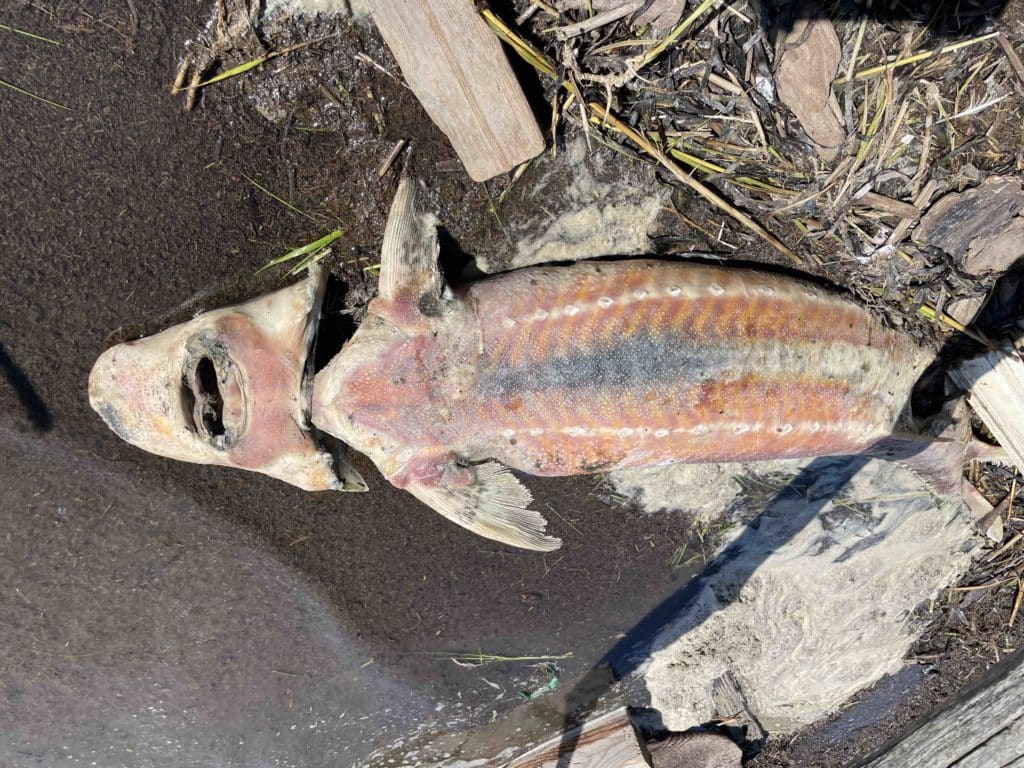
“Treated sewage discharges from the bay’s 40 sewage treatment plants and the pollutants from five dirty oil refineries create conditions ideal for algal blooms,” Baykeeper executive director Sejal Choksi-Chugh said in a statement. “Baykeeper scientists have been actively working for the past five years through agency technical advisory committees to prevent large blooms of any number of potentially toxic microorganisms from becoming commonplace in the Bay.
“The Regional Water Board needs to get excessive sewage and refinery discharges under control, and Bay Area cities need to invest in water recycling to keep wastewater out of the Bay in the first place. These changes must happen fast in order to keep algal blooms like the ones cropping up right now in the Bay from taking over more regularly.”

